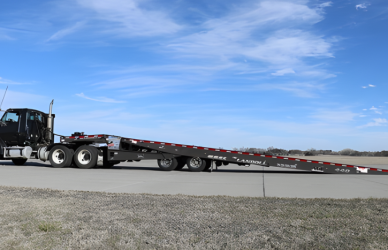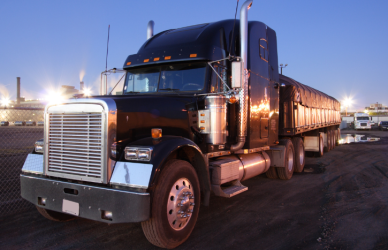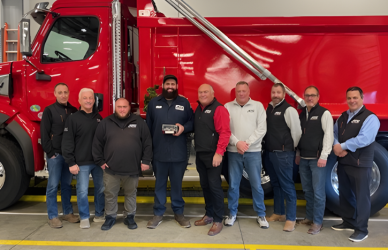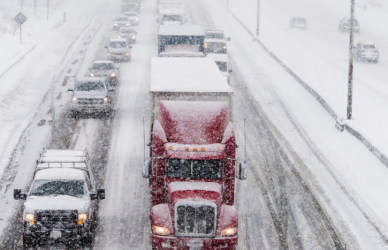UPS and the International Brotherhood of Teamsters have finally reached a major agreement on the working conditions of tens of thousands of drivers who deliver packages to businesses and homes.
June 13’s announcement reveals that the company has agreed to install air conditioning systems, new heat shields, and additional fans on their trucks.
This deal means that all larger delivery vehicles, smaller sprinter vans, and UPS’s brown package cars bought after January 1, 2024, will be equipped with in-cab air conditioning systems, according to the union.
“Air conditioning is coming to UPS, and Teamster members in these vehicles will get the relief and protection they’ve been fighting for,” Teamsters General President Sean O’Brien said in a statement to Transport Topics. “The union’s entire national committee and our rank-and-filers should be commended for staying in this fight and making their priorities known to this company.”
The majority of UPS’s 93,000 vehicle fleet consists of familiar package delivery vehicles. In response to concerns over driver safety and comfort in extreme temperatures, the union has negotiated for the installation of two fans and exhaust heat shields in all package vehicle cabs. Additionally, new and retrofitted package cars will be equipped with air induction vents to improve conditions in cargo compartments.
This initiative comes after UPS’s CEO expressed a commitment to the issue of driver safety.
“We are aligned on several key issues, like solving the staffing needs for weekend deliveries and ways to mitigate the summer heat in our package delivery vehicles,” she said early in the contract negotiations. “While we expect to hear a great deal of noise during the negotiations, I remain confident that a win, win, win contract is very achievable and that UPS and the Teamsters will reach an agreement by the end of July.”
The Teamsters have emphasized the need for this contract to address the lower wage system that weekend drivers at UPS are subjected to. Negotiations between the union and management will resume on June 14 in Virginia, with a five-year agreement as the goal. The workers will not work without a finalized agreement, but there has been progress in recent weeks at the bargaining table.
“We are here to protect more than 340,000 UPS Teamsters and get the best contract in the history of our union with this company. Today’s progress was a significant step towards a stronger new reality for so many workers and their families,” said O’Brien.
The union has made progress in resolving over a dozen issues through subcommittee agreements and is currently developing fresh proposals to present to UPS at the national level. Additionally, union members will be revealing the outcome of a strike authorization vote requested by O’Brien soon. A positive vote will provide the team with more bargaining power. UPS anticipates a favorable outcome and reassures that a contract agreement will be reached before the July 31 deadline.
“This vote is a routine part of the bargaining process and does not mean that there will be a strike,” UPS said in an emailed statement.
The working conditions agreement between UPS and the drivers’ union isn’t the only development on the table. As of June 1st, both parties have also agreed to new contract language regarding a key issue. The union has confirmed that a tentative agreement has been reached to reduce the size of UPS SurePost packages that qualify for delivery by the U.S. Postal Service.
UPS defines SurePost as an economy service geared towards non-urgent, business-to-consumer shipments. According to the current contract, UPS handles the initial shipment pickup with USPS performing the final delivery, seven days a week. For a package to qualify as a SurePost item with USPS, it must fall within specified weight and size limits. Parcels that exceed these limits can be sent back into the UPS system and distributed by a union driver on a UPS truck.
“We’ve reached tentative agreement on the article, subject to ratification of the contract, to reduce the overall size of packages eligible for SurePost delivery, so more existing volume is going back onto Teamster trucks rather than coming off,” the union said in a statement.
Source: Transport Topics











